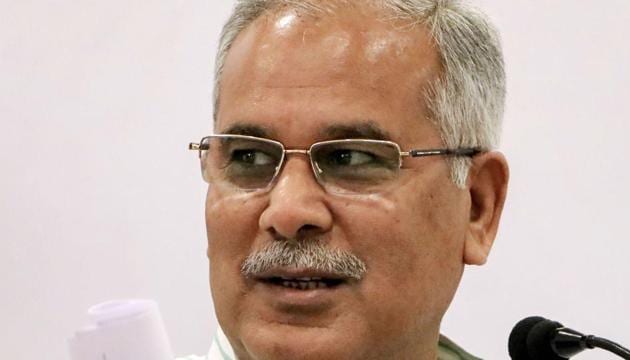Chhattisgarh’s move to review cases against tribals is much-needed
But this move has to be followed up with better rollout of State welfare programmes, investigations into the atrocities and penalising the wrong doers, among other things.
The Chhattisgarh government’s panel to “review cases against Scheduled Tribes and other residents of the Naxal region in the state” is set to begin work on October 30. The committee, led by retired Supreme Court judge, Justice AK Patnaik, will look into cases involving 16,475 tribals, accused by police in a range of cases, and another 6,743 being held as undertrials, mostly in Maoist-affected Bijapur, Sukma and Bastar districts, the Indian Express reported on Wednesday.

It is well known that the impoverished tribal community of the state has been the collateral damage of the turf war between the Indian State and the Maoists, who have been allowed to gain ground, thanks to years of governance deficit in the region. While the State is of the view that government-run welfare programmes do not reach the tribal areas because they are Maoist strongholds, the latter says that the State never treated the tribal communities as Indian citizens, leading to an administrative and a political vacuum, and it (the State) is only interested in the forested region because of its natural resources, mainly minerals. There have also been many reports of atrocities by the security forces on the tribal community, especially the women. The conflict has led to not just physical violence but also has had a deep impact on tribal society, thanks to the atrocities of now disbanded Salwa Judum (the government-backed anti-Naxal vigilante group), conflict-affected migration to other states or to State-run camps, many of which have now been closed.
One of the main State actors in the conflict has been the state police, which often arrested tribals on the suspicion of being Maoists. A 2016 study of the Jagdalpur Legal Aid Group, based on RTIs, revealed that 96% of the tribals arrested were acquitted by court, and that the three jails in the Bastar Division were crowded beyond capacity due to excessive number of arrests under fake cases. Many of the innocent tribals were left to languish in jail because they have no access too legal aid. The Chhattisgarh government’s decision to set up a panel to look into these cases is a welcome move, and could go a long way to restore the frayed trust between the State and the tribal community. But this move has to be followed up with better rollout of State welfare programmes, investigations into the atrocities and penalizing the wrong doers, among other things.






